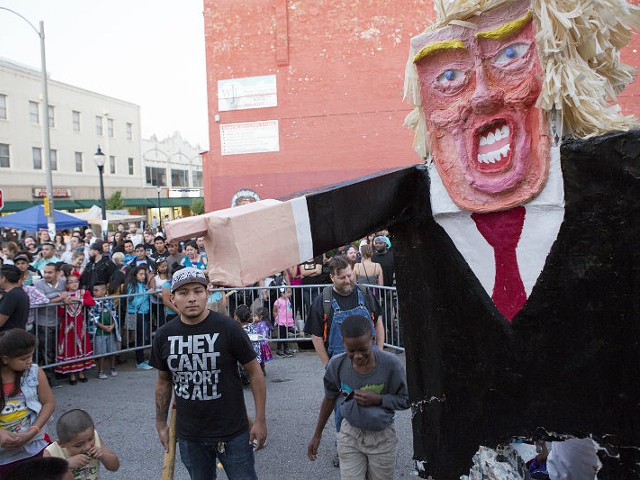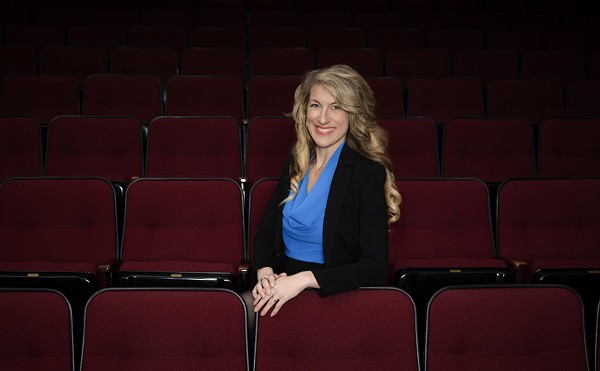A one-man show set inside a hotel room on the last day of the protagonist's life could be grimly claustrophobic, but Kelvin Roston, Jr.'s Twisted Melodies is instead expansive and life-affirming. It owes its warmth in no small part to Roston's moving performance as soul singer Donny Hathaway, a gifted musician plagued by mental illness. That performance is enhanced by several fantastic renditions of Hathaway's biggest hits with Roston accompanying himself on keyboards. Everything that made Donny Hathaway an amazing live performer — the sense of humor, the timbre of his voice, the way his hands danced across the keys, his ability to emotionally connect with a crowd — is present when Roston plays and sings.
But Roston's play, which closes the Black Rep's current season, is more than a powerful tribute to Hathaway. Twisted Melodies is a deep dive into Hathaway's paranoid schizophrenia and how it altered the direction of his life and art. It honestly confronts the effects of mental illness with intelligence and sensitivity without portraying Hathaway's suicide as the romantic action of a tortured artist. Hathaway may have leaped to his death from a hotel window to escape the auditory and visual hallucinations that plagued him, but Roston argues that he ultimately beat his illness — and not by dying, but by living on through his music.
Director Ron Himes and projection designer Mark Wilson have devised a way for those hallucinations to torment the audience as well. While Donny tells us about his childhood in St. Louis and the grandmother who forced him to play piano all day to keep him out of trouble, or discusses seeing his wife Eulaulah for the first time, an angry buzzing sound growls, and the wallpaper projected on the back wall goes all glitchy and drowns him out. A disembodied voice angrily calls his name and Donny hides behind the chair, as far away from his keyboard as he can be in the small room — and closer to the fateful window.
Donny fights his way out of these fits by singing to himself and focusing on his own voice. Music is his comfort, but it too becomes infected by his disease. Strange chords and jarring noises mar his songs when he doesn't take his medication, but the medication of the '70s comes with a host of side effects that preclude him from singing or playing. They contort his hands and force his tongue to loll out of his mouth, which locks him in his own personal hell. It's only at his keyboard that he can be himself.
So Donny chose to be unmedicated for the music, which cost him his wife and family. The decision is as damaging to him emotionally as his Thorazine. "Eulaulah looked at me like I mean something —" he starts one anecdote but stops himself with a grimace before continuing, "— like I meant something."
This is the moment you first suspect he's planned the end. He's lost the woman who inspired him to cover "A Song For You," and now the song is slipping out of his grasp as well. "All the genius didn't come from pretty — some of it came from ugly," he tells us softly. He walks over to his keyboard, bends at the waist to kiss it one last time and takes his place at the window. He leaps into darkness and silence, free at last of the voices.
But Roston gives Hathaway a proper send-off in the encore. He walks back onstage and launches into another song, giving him his immortality. As long as people drop the needle on "Someday We'll All Be Free," "The Ghetto" or "We're Still Friends," the real Donny Hathaway — the soul singer, the father and husband, the man — still exists.






